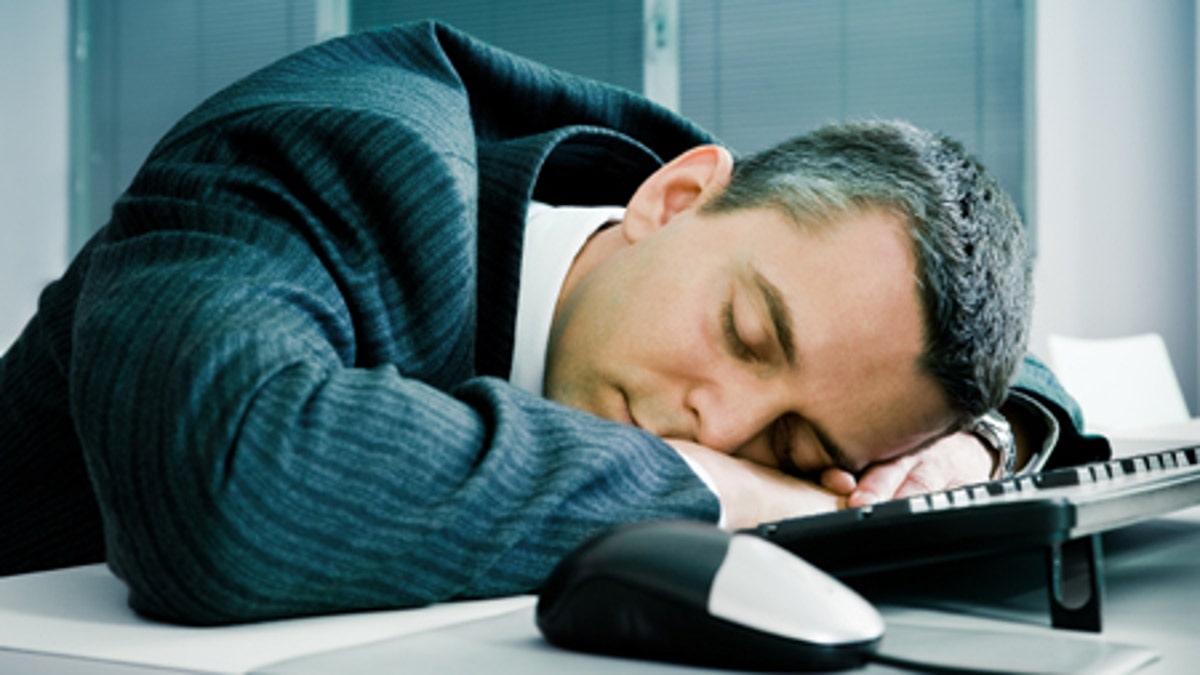
An extra hour of daylight can do a number on your body.
One sleep expert explains while springing forward gives us more light, adjusting to the time change can influence our health for a time to come.
"What happens when we change the clock, we're throwing off our bodies natural rhythm," said Dr. Shelby Harris of New York's Montefiore Medical Center. "And our bodies don't adjust immediately just because the clock changed doesn't mean that our bodies changes."
Harris said when many are already not getting enough shut-eye, losing another hour could potentially increase your risk of a heart attack.
"There was a study, in I believe 2008, out of Sweden that showed that there was a 5 percent increase in heart attacks at that time in the morning because you're waking up an hour earlier, and people's cardiovascular systems are a little more unstable earlier in the morning," Harris said. "And if you're already possibly at risk for having a heart attack, you might be at a greater risk if you're having to wake up earlier than usual. There's more car accidents because of one less hour of sleep. People's attention, concentration, motor function are actually impaired just for one hour less of sleep."
Harris suggested you try to get your body to adjust before the clock change, which may make the transition easier.
"Starting on Wednesday the week before is go to bed and wake up 15 minutes earlier every day — so Wednesday night you'll go to bed at 10:45 p.m. instead of 11 p.m.," Harris said. "Instead of waking up at 7 a.m., wake up at 6:45 a.m. Then do 10:30 (p.m.) with a 6:30 (a.m.) wake up, and just go to bed 15 minutes earlier each day. When the clock changes you're actually on the new schedule."
Harris said on Sunday morning, you should not be lazy around the house — get up and get as much sunlight as possible, which will help make the change a little easier.
